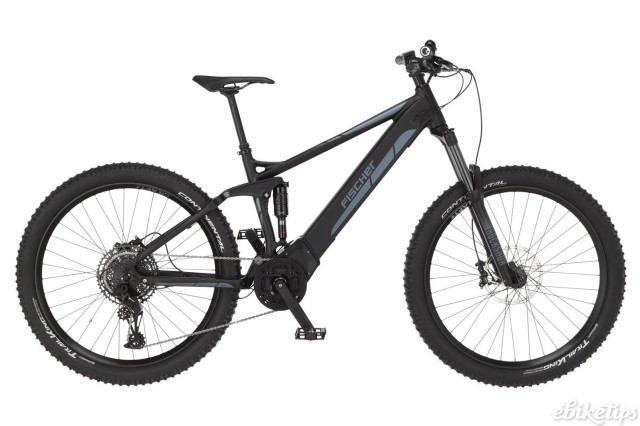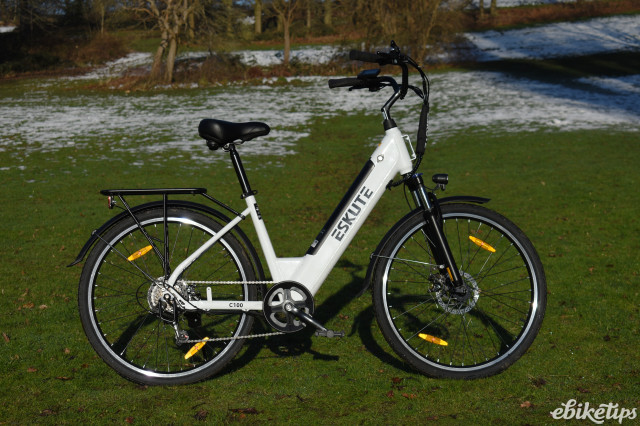Over 100 workers have been made redundant after the parent company of e-cargo bike delivery firm, Zedify, went into administration. “This is a founder's worst nightmare,” commented CEO and co-founder, Rob King, on LinkedIn.
Founded in 2015, Zedify has provided sustainable first and last mile deliveries using e-cargo bikes in city centres. Its clients include retail brands, national parcel carriers and local independent businesses.
In 2023, it secured a £5m investment to fund expansion and scale its tech platform and it has been operating in 10 UK cities: London, Glasgow, Bristol, Edinburgh, Cambridge, Southampton, Brighton, Norwich, Winchester, and Plymouth.
Forbes reports that the same investors then contributed a further £4m last year. The expectation was that turnover would triple, but failure to achieve this resulted in a cashflow crisis.
In a statement on the Zedify website, King said: “In 2024, we saw the beginnings of a large-scale transition to low carbon deliveries as major brands and carriers put their faith in the Zedify model.
“Our riders and drivers have worked so hard, travelling nearly a million kilometres, almost 80% of which was on cargo bikes, saving a huge 292 tonnes of CO2e.
“We have pushed and pushed, and exhausted every possible avenue to keep Zedify going on a national level, but this time it just hasn’t been possible to find the funding.”
Will Wright and Steve Absolom from Interpath were appointed as joint administrators to the business on January 31. They are hoping for a quick sale to protect 38 out of 139 jobs – specifically, those at Cambridge and Edinburgh, where Zedify’s hubs remain open for the time being.
The Bristol hub, which is run by a different legal entity, also continues.
Zag Daily reports that another e-cargo delivery firm, Pedal Me, has approached former Zedify employees with plans to hire 25 more riders over the next month. (Pedal Me entered administration last year, only for existing shareholders to purchase the business, allowing it to continue.)
Commenting on the challenges of running an e-cargo bike delivery firm, Pedal and Post CEO Christopher Benton said: “This industry is difficult to make money in and when you’re a more ethical employer, labour costs are higher. Although cargo bikes are more cost-effective to operate, it’s a fine balance to make it profitable.”
His feelings were echoed by Pedal Me CEO, Ben Knowles, who highlighted the challenge of being up against less scrupulous, gig economy rivals. “In a sector where you’re competing with tax-dodging, modern slavery using competitors, you need to be super lean with the vast majority of staff hours focused on revenue generating activities.”
Reflecting on the fate of Zedify, King did however say that he felt the market for e-cargo deliveries only continues to grow.
“In 2025, there are big carriers committing millions of pounds of investment in their transition to using cargo bikes at scale to deliver in cities; they’re doing that because time and time again cargo bikes have proved to be economical, sustainable and better tools to help provide a great delivery service when it comes to the urban last mile.
“That is quite a different picture to the world of urban deliveries when Zedify started in 2018, and we are very proud of our part in getting vans off urban roads and helping create cities that feel fit for the future.”








